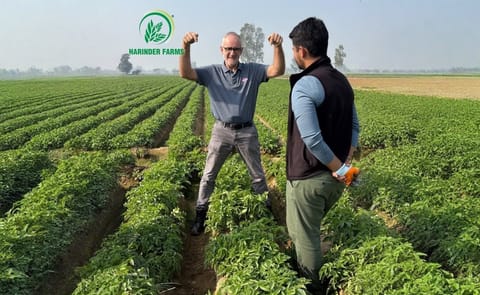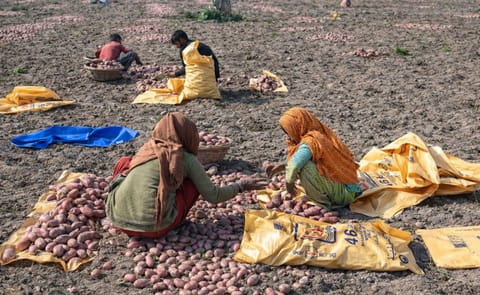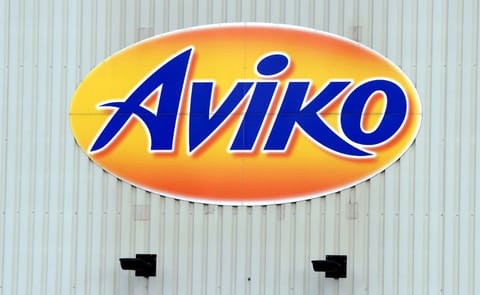Transmission times: Saturday 8th December at 09:30.
Repeated: Saturday 8th December at 21:30, Sunday 9th December at 03:30, 13:30 and 18:30 GMT.
T’ikapapa, a marketing social concept that enables resource-poor farmers from the Andean highlands to sell their distinctly labeled native potato crop in Lima’s supermarkets, was chosen from 940 proposals from all over the world.
The World Challenge contest, now in its third year, seeks out development projects and businesses that not only make a profit but also put something back into the community. Making a difference through enterprise and innovation at a grass roots level is also a key requirement.
T’ikapapa, an initiative of the International Potato Center’s (CIP) Papa Andina Partnership Program and the Peruvian INCOPA platform, does just that. Since its implementation in 2004, the project has improved the income and livelihood of 500 farming families in Peru’s high Andes. The underlying goal is to link small-scale, resource-poor farmers to expanding urban markets, utilizing potato biodiversity to create new market opportunities.
The project brings together farmers’ organizations from six different departments (Ayacucho, Apurímac, Cajamarca, Huánuco, Huancavelica and Junín) in the highland of Peru, Capac-Peru (a potato market chain association), A&L Biodiversidad Alto Andina (a private potato processing company), Wong (Peru’s largest supermarket chain), and CIP’s INCOPA (Innovation and Competitiveness of Peru’s Potato Sector) project.
Today, two major supermarket chains in Lima sell these specially selected and packed fresh native Peruvian potatoes that are supplied by participating farmer organizations under the T’ikapapa trademark. Formal agreements and contracts have been signed between the processing company and the organized farmer communities to ensure stable prices and a supply of quality raw material.








